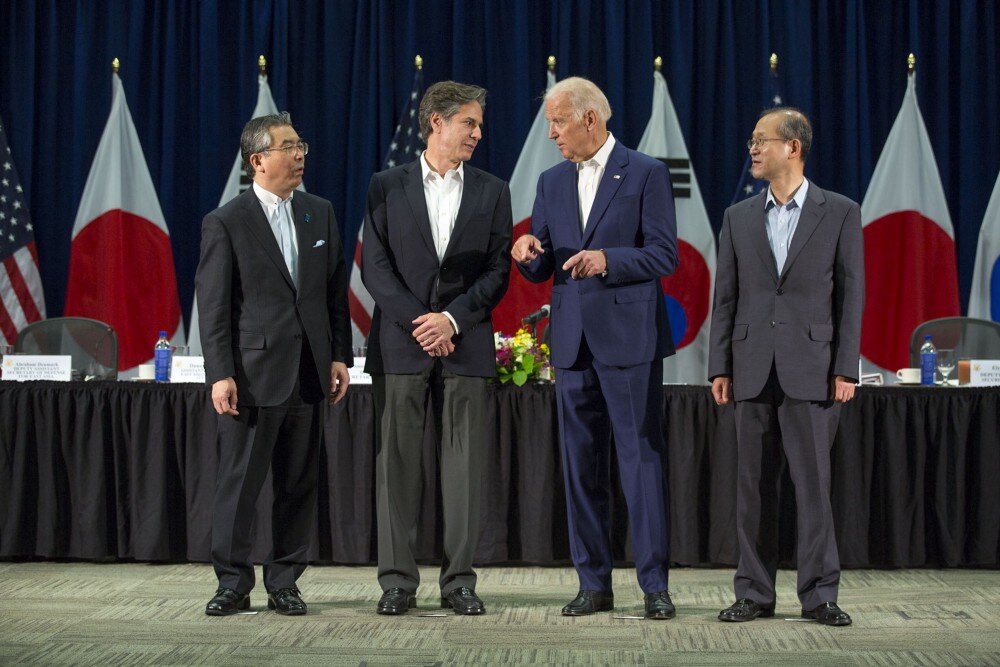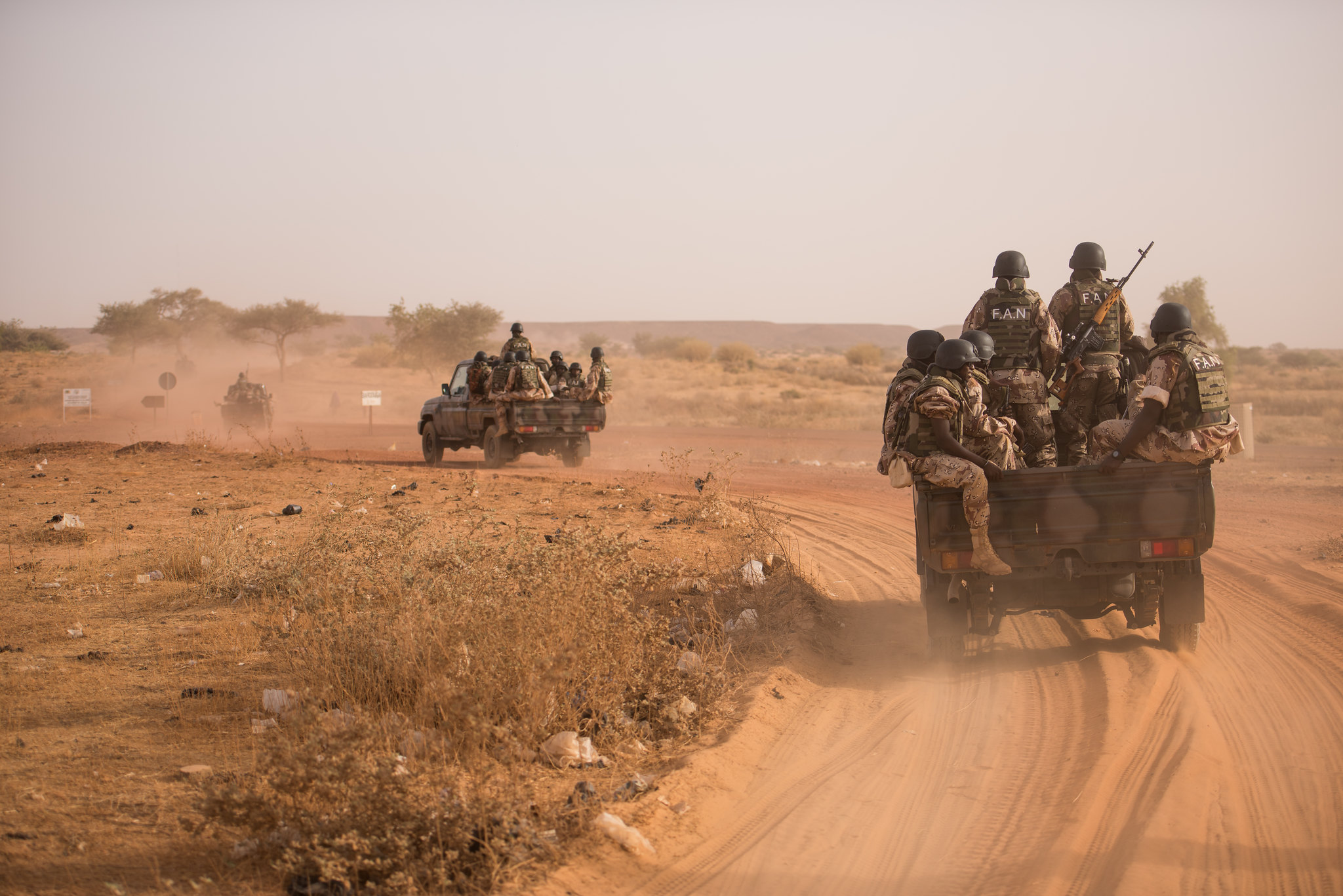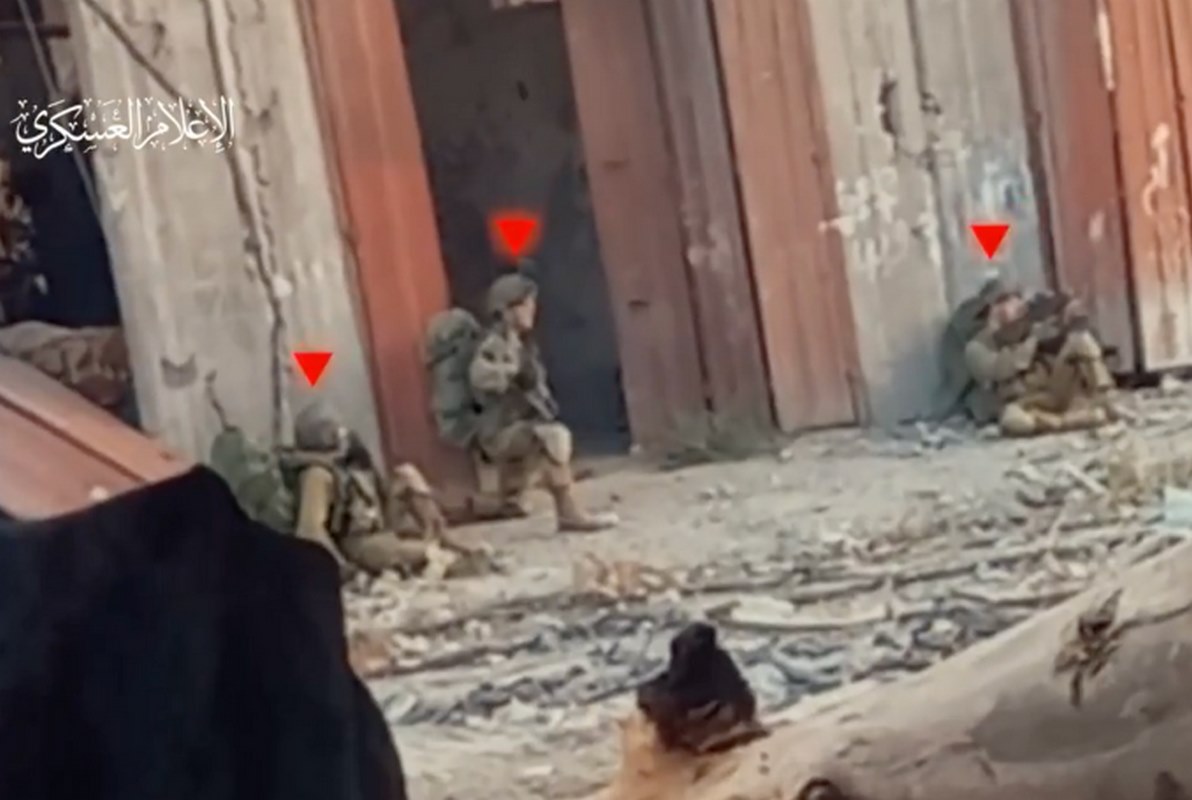PICTURED: Damage to a cholera treatment center in Yemen supported by Doctors Without Borders after an airstrike by the Saudi-led coalition. Photo credit: Felton Davis. CC. 2.0.
WASHINGTON D.C., February 7th 2021. Following up on his decision to end supporting the Saudi/UAE offensive bombings and operations in the War in Yemen, the State Department under President Biden have notified Congress that they intend to remove the controlling faction in Yemen, the Houthis, from the terrorist organization list.
“We have formally notified Congress of the Secretary’s intent to revoke these designations,” a State Department official said in a statement. “Our action is due entirely to the humanitarian consequences of this last-minute designation from the prior administration, which the United Nations and humanitarian organizations have since made clear would accelerate the world’s worst humanitarian crisis”.
The decision comes after the UN, World Food Programme, members of Congress including the House Foreign Affairs Committee, and others have warned that the designation, slapped on by former-Sec. of State Pompeo in the dying hours of the Trump Administration, would lead to widespread famine.
This would be due to the inability for aid groups, banks, private entities and more, to get aid into parts of the country for fear of legal persecution by the Treasury Department.
Not exactly impressed with the gesture, Mohammed Ali al-Houthi, a senior leader of the controlling-faction, noted that “they cannot have designated us as terrorists,” since “they are the terrorists who have been attacking our country and people during the past six years”.
“They had committed no terrorist acts, nor even provided money and personnel for terrorist attacks, as had the Saudis for 9/11,” writes Doug Bandow, a Senior Fellow at the Cato Institute and former-Special Assistant to President Ronald Reagan.
In addition to these two positive steps towards ending a war which no one but the Iran Hawks wants to see continue, Biden has suspended indefinitely the sale of 9,000 Boeing and Raytheon-made precision guided bombs, worth over a quarter of a billion dollars.
What’s left to do?
The freezing of arms sales, the lifting of the terrorist designation, and the ceasing of support for at least “offensive” operations, together represent the fastest and largest cessation of American conflict policy since the commencement of the Global War on Terror.
Biden has also appointed diplomat and former-Assistant Deputy Sec. for the Middle East, Timothy Lenderking, to pursue a peace process and reconciliation between the Houthis and the belligerents, Saudi Arabia—who will look for every opportunity to save face, and the UAE—a faction not as often blamed for the catastrophic war, but who may have made Yemeni-hegemony impossible due to their empowering of South Yemen separatists.
Yemen was once two countries, split between the populous north, and the coastal south, which fought against each other in the 1990s before the country was unified. It has been these old angers the UAE has worked to flare as they have drawn further and further away from direct military action.
For years through both the Obama and Trump administrations, the U.S. made arming Saudi Arabia and the UAE virtual cornerstones of their Middle East policy. Lining up to unconditionally support their unilaterally-chosen forever-allies even as legal teams from the State Department became seriously concerned that top U.S. officials selling weapons to the conflict’s aggressors had made them guilty of crimes against humanity.
Instead of voicing these concerns and denouncing the men who were committing the crimes, the New York Times reports that the State Department team focused principally on burying them through redactions.
Unlike with the Biden Administration’s rebuke of the Trump-instigated attempts to withdraw from Afghanistan, there seem to be very few conditions in which the War in Yemen will continue, as so often is the case with American conflicts that seem to drag on and on.
It could be that Biden and his team are aware of these crimes, and are looking to sweep them under a rug of good deeds.
Too many questions remain before critics see just how effective these measures are. Al-Qaeda targets in the country will still be pursued, for example, according to the State Department. If there is the infrastructure to bomb al-Qaeda targets, how enmeshed is it in the Saudi operations?
In Afghanistan, journalists once regularly documented cases where sources on the ground would identify al-Qaeda targets for the U.S. military which would actually be farmers or gangs whom the source rivaled for regional resource or power control.
The alleviation of the COVID-cholera-famine-bombing-blockade disaster that has, in the president’s words, brought about “unendurable devastation,” should in theory be worth any political price, but that is so often not the case in Washington D.C.
Continue exploring this topic — Biden Says America Will Cease Supporting “Offensive Operations” by Saudi Arabia in Yemen
Continue exploring this topic — The War in Afghanistan “Should Continue” Says Pentagon, Congressional Panel, and State Dep.



